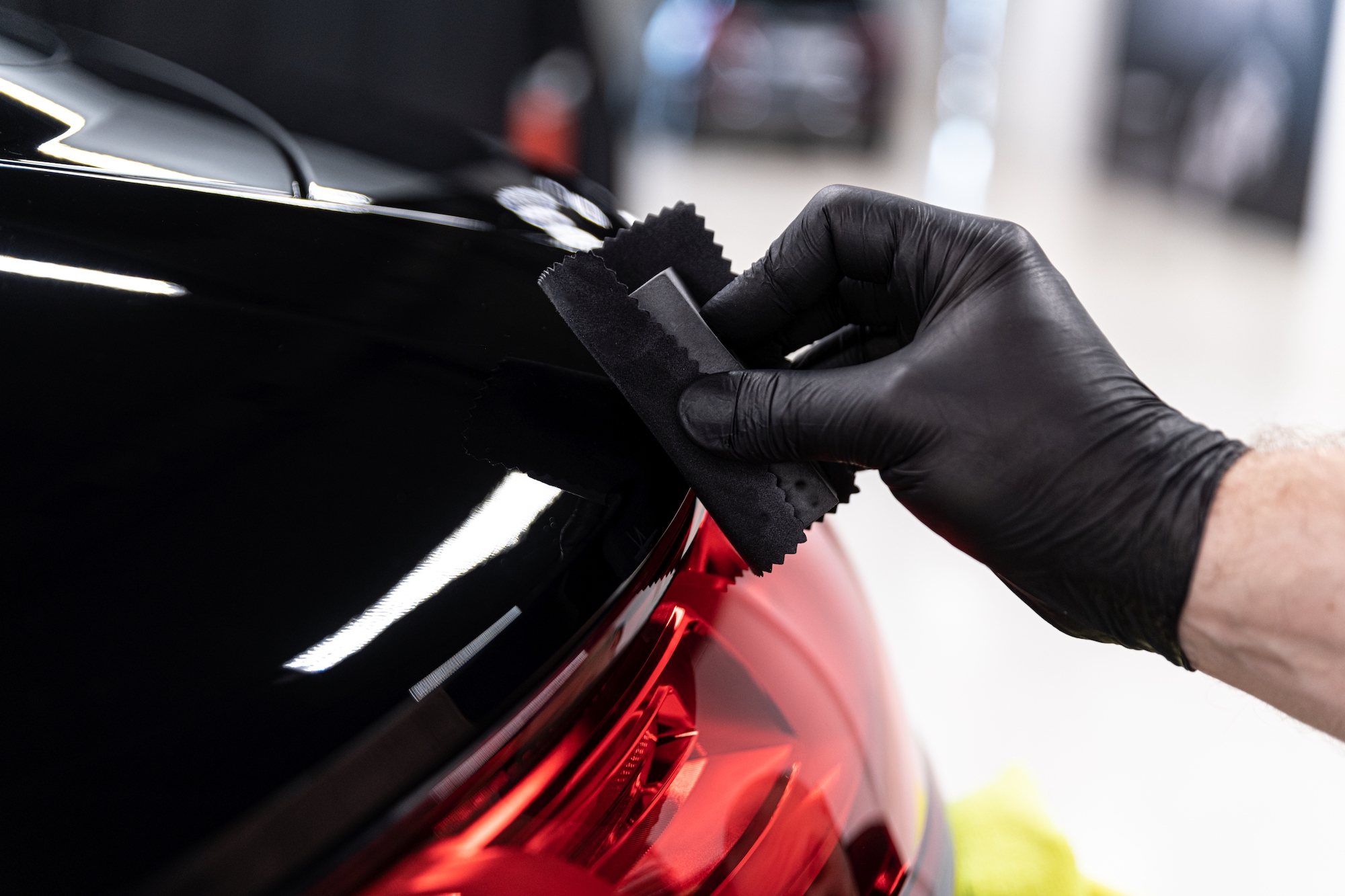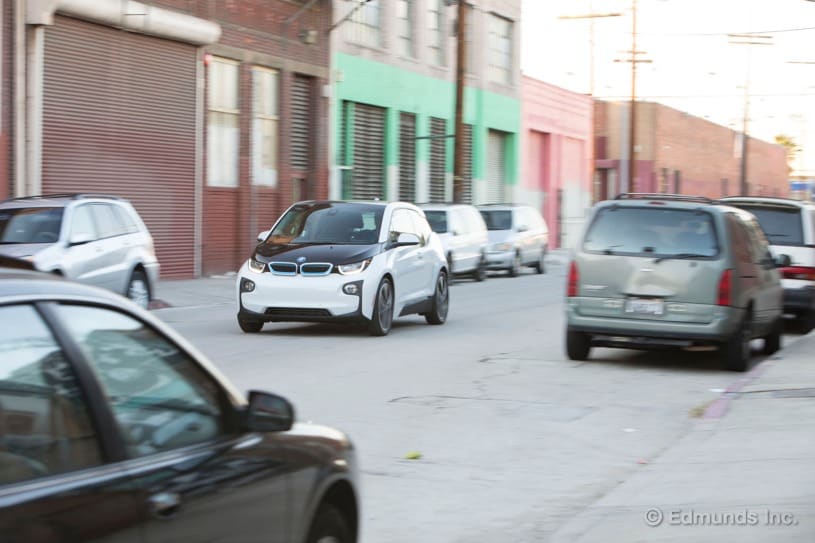First prototype of Microlino 2.0 electric microcar built and tested
We first heard of plans for an electric version of the BMW Isetta bubble car back in 2016. Production of the Microlino was pegged for 2019, but underwent a design overhaul instead. The team revealed that it was building a new prototype in December of last year, and now Prototype Nr. 1 has been completed and taken for a test drive.
The team has posted a test drive video of the front-opening electric microcar prototype to the company’s Facebook page, which shows it to be just as cute as we hoped it would be.
The latest prototype is fashioned from pressed steel and aluminum components, compared to the tubular frame of the Microlino 1.0, which is reported to result in improved stiffness and safety without adding any weight. Prototype Nr. 1 wears a red and white outer shell, the video affords a quick look inside the cabin (which reveals that there’s still work to be done there), and the lights built into the side mirror housings are shown to be in working order – though the LED lightbars front and back are yet to be installed.
The microcar is reported to have much better handling than the Microlino 1.0, and can bee seen on the move with one and two occupants – it certainly looks snug in there when driver and passenger are aboard, but there is said to be enough room for shopping.

Micro Mobility Systems AG
The Microlino 2.0 will now move onto prototypes two and three from next month before the homologation process begins in June with the building of a further two prototypes. After an official launch event, the team will seek EU-type approval in August before production starts in September. Reservations are being accepted now, for a base price of €12,000 (about US$14,500).
There’s no mention of any changes to the key specs for the electric inner city runabout, so we’re still looking at two battery options for either 125 km (77 mi) or 200 km (124 mi) of per charge range, and an 11-kW powertrain for 100 Nm (73 lb.ft) of torque, a sprint to 50 km/h in five seconds and a top speed of 90 km/h (55 mph).
Source: Micro Mobility Systems AG








